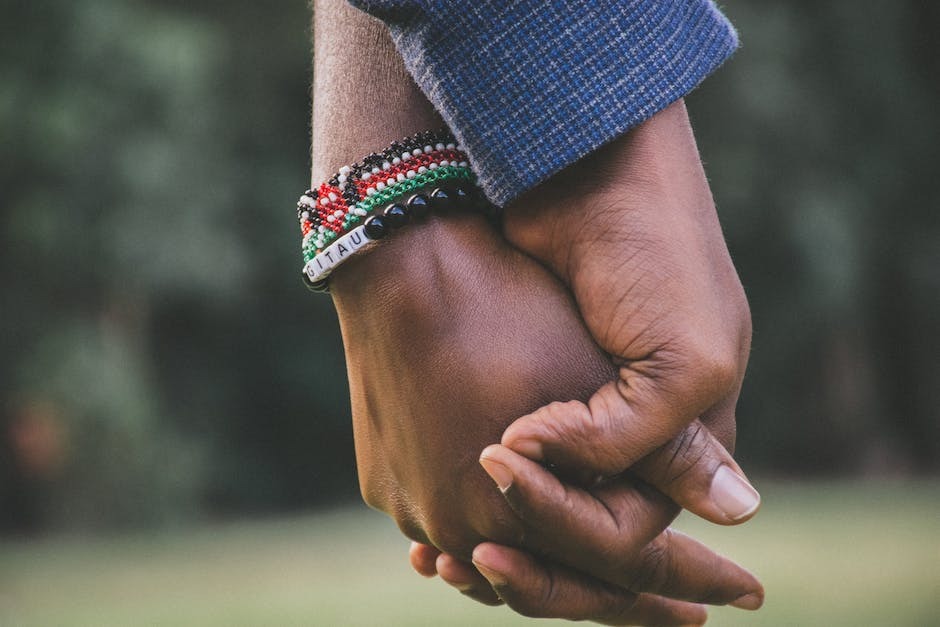Codependency can create a strain on a relationship. When codependent patterns arise, it is important to seek counseling. Working with a professional can help clients develop a stronger sense of self and embrace their independence. When struggling with codependency, creating an independent lifestyle is crucial. The ability to live an authentic life that is self-driven and self-sustaining is key. To achieve this, a person dealing with codependency usually needs to find methods of healing and supportive resources to foster their growth.
At First Steps Recovery, numerous counseling and therapy models are available for clients struggling with codependency. Codependency is often rooted in underlying emotional issues, which are revealed and addressed by these therapies. By addressing all elements of codependency, clients can fully recover and heal.
What Is Codependency?
Codependency happens when a person has low self-esteem and develops a sense of dependency on another for feelings of self-worth and importance. Often, a person will attach themselves to another and become overly focused on another person while ignoring their own needs.
The Role of Addiction in Codependency
Clients may be struggling with codependency in various ways. One of these ways can involve addiction, where the client’s partner or family member is addicted to alcohol or drugs. They may even have addictive behaviors such as gambling. Addictive behaviors tend to strain relationships and give rise to codependent tendencies. For instance, a partner can be frequently drunk or high, disrupt finances to tend to their addiction, or exhibit unexpected behavioral changes. This can lead a person to fixate on the addicted person’s behavior.
While codependency can be correlated to one’s substance use disorder (SUD), it does not have to be. Those struggling with codependency can have dysfunctional relationship patterns of all types. When codependency does exist alongside SUD, though, the codependent individual may feel like they cannot leave the relationship. They also may struggle with having to take care of their own and their partner’s responsibilities.
Codependency: A Relationship Addiction
When addictions are not present, clients may simply treat a relationship in an addictive way, being overly dependent or fixated upon another person in their lives. Sometimes this is a family member or a partner. This extreme dependency strains the relationship. A client’s partner or loved one may feel exhausted and drained.
When a client is codependent on another, this means that the client is preoccupied with another person’s life, feelings, and problems. The client may experience depression or heightened anxiety because of this preoccupation with another person. Sometimes, this can lead to the loved one feeling suffocated or trapped.
How to Heal at First Steps Recovery When Struggling With Codependency
There are emotional, biological, environmental, social, and psychological factors that play into codependency. Often, clients feel stuck, especially when the partner is coping with SUD. However, healing is possible. This is especially true if the partner coping with a drug or alcohol addiction is also seeking treatment. If this is not the case, it can be potentially beneficial for the client struggling with codependency to participate in therapies that involve others. This may be group therapies or therapies with their significant other in order to work through issues.
At First Steps Recovery, clients have many options in terms of therapies they engage with. Therapies often involve one’s partner or loved one who is struggling with a drug or alcohol addiction. This can include therapy sessions that encourage healthy relationship behaviors. It may also include therapy that encourages the loved one to seek or continue seeking treatment for their addiction.
Individual Therapy for Those Struggling With Codependency
To work through some issues of codependency, clients often need to spend time uncovering underlying issues on their own. While having a group environment of some kind is beneficial in many ways, individual therapy allows clients to focus solely on themselves.
At First Steps Recovery, these therapy sessions occur regularly and provide clients with the ability to track their progress in a calmer, more focused setting. Also, individual therapy allows clients to identify and develop healthy coping mechanisms and tools to cope with codependency.
Group Therapy for Those Struggling With Codependency
It is important to have a variety of services and different environments for healing. Group therapy is one of these services that allows clients to talk with others who have had similar experiences. Here, clients can bounce ideas off of each other and learn healthy communication skills and coping mechanisms.
Group therapy is also a place where clients can visualize their futures. Everyone is unique, and their path to healing will be personal to them. In a group setting, one may see how others are improving with their co-dependency and how this improvement has positively impacted their lives already. This can serve as a beacon of hope, motivation, and encouragement.
How Family Therapy Promotes Better Relationships
Another group model of therapy is family counseling. Family counseling is beneficial in multiple ways. For instance, family sessions often allow clients to understand how their loved ones feel about their codependency. On the flip side, families and loved ones can understand the entire situation surrounding their family member’s codependency.
Clients do not need to continue struggling with codependency alone. Instead, working with a counselor and keeping loved ones in the loop helps clients create reasonable adjustments in their lives that improve codependency. Family sessions also allow clients to see how their actions affect others in their lives and understand more about their loved ones’ needs.
Here at First Steps Recovery, we offer therapies to help clients struggling with codependency. Codependency can manifest in many different ways for clients. This includes when a client’s partner is coping with addiction of some sort. Codependency strains a relationship, which is why healing and therapy may be necessary. Therapy can preserve the quality of the relationship and cultivate a sense of personal freedom and autonomy in both partners. Individual, group, family, and couples therapies are options for clients struggling with codependency. These therapies allow clients to explore ways to become independent, share their experiences with others (whether that be peers in therapy or loved ones), and create healthier relationships. For more information, please call (844) 489-0836.
Dr. Curl is the Medical Director and primary on-site provider for First Steps Recovery. He is a Board Certified Internist and Addiction Medicine Specialist having attended the David Geffen School of Medicine at UCLA and completing his residency at Mount Auburn Hospital with Harvard Medical School. Following several years work as an internist and physiatrist (physical medicine and rehabilitation). Dr. Curl completed the Addiction Medicine Fellowship at Howard University in Washington DC and participated as a RAM Scholar (Research in Addiction Medicine). While part of the fellowship, Dr. Curl pursued research investigating the barriers to expanding and improving medication for opioid use disorder. Following his fellowship, Dr. Curl spearheaded the Opiate Use Disorder outpatient clinic and worked in the Department of Psychiatry and Behavioral Sciences within the Howard University Hospital. In 2023, Dr. Curl completed his Board Certification in Addiction Medicine.








